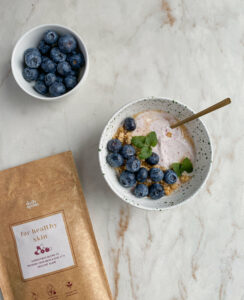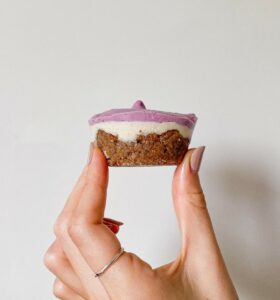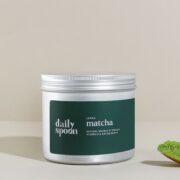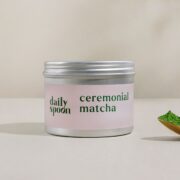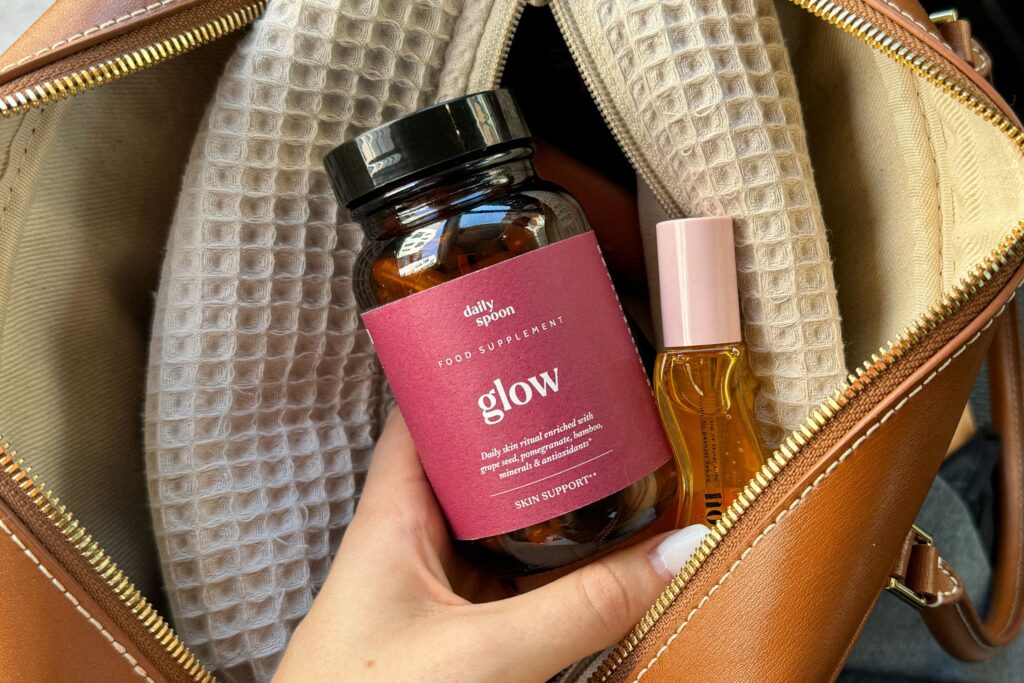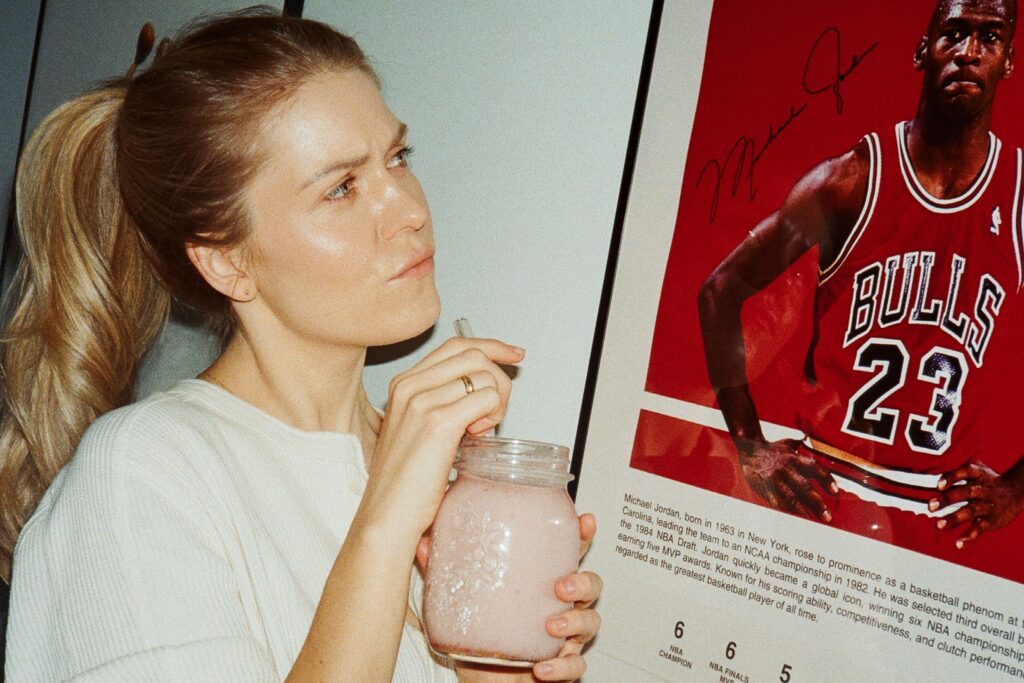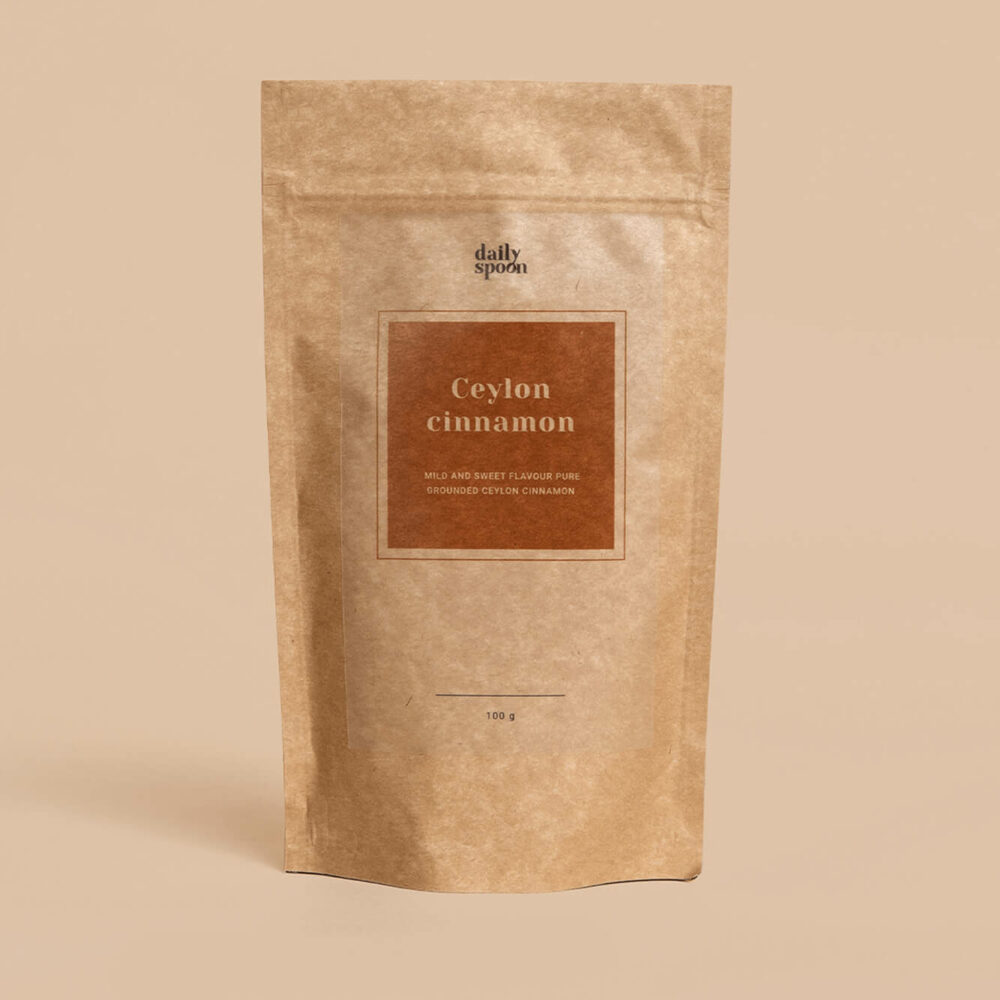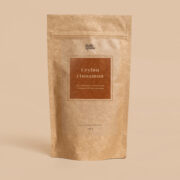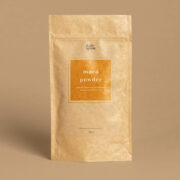Coffee is a daily ritual for many people looking to boost their energy first thing in the morning. When consumed in moderation, coffee isn’t harmful, but too much of it can disrupt sleep, increase anxiety, and cause digestive issues. If you feel like you’re drinking too much coffee or simply want to try some alternatives – we’re here to help with a list of the most popular ones.
Coffee Alternatives
Matcha
It’s a type of green tea with roots in East Asia. Loved by Zen Buddhist monks, it’s a key component of traditional Japanese tea ceremonies. Over time, it has quickly gained popularity in the United States as a health-conscious alternative to coffee. You’ll now find it everywhere – from teas and lattes to desserts and ice cream.
Matcha tea is rich in a special type of antioxidants found in green teas, called catechins. It also contains more nutrients than traditionally brewed green tea because the entire leaf is used. The taste depends on the quality – a high-quality cup of matcha is finely ground from young leaves, sifted, and whisked with hot water. The result should be only slightly sweet, not bitter.
Pros:
- Rich in antioxidants and other essential nutrients, offering great health benefits.
- Delicately sweet flavor when prepared properly with high-quality ingredients.
Cons:
- If your goal is to reduce caffeine intake, you might want to consider other alternatives, as matcha contains even more caffeine than regular green tea.
- Lower-quality matcha can have a bitter and earthy taste.
Decaf Coffee
Decaf coffee has been produced since the early 20th century, but its popularity grew with the rise of the instant coffee market. During its production, certain chemical processes are used to remove caffeine from coffee beans. However, technically, most brands remove about 97% of the caffeine, meaning each cup of decaf still contains around 3–4 mg of caffeine. This drink can be a good option for those who crave a cup of coffee later in the day but don’t want it to interfere with their sleep, or for people who simply can’t resist the inviting aroma and taste of coffee.
Pros:
- A great option for those who enjoy the taste and aroma of coffee but need to avoid caffeine.
- The decaffeination process preserves some of coffee’s health benefits, such as protection against certain chronic diseases.
Cons:
- The flavor may differ from that of regular coffee.
- Due to its acidity, decaf coffee—like regular coffee—can still cause digestive issues for some people.
Cacao
A cup of prepared cacao might be just the drink for mocha lovers who enjoy a rich chocolate flavor. The use of cacao as a beverage dates back to the time of the Maya civilization, who drank it during special occasions. Since then, various forms of cacao drinks have been enjoyed, and today it’s just as easy to prepare as any other beverage.
Cacao does contain trace amounts of caffeine, but the real energy boost comes from a natural stimulant called theobromine. When consumed in moderation, theobromine not only provides gentle stimulation but also supports heart health and helps regulate blood pressure. That’s why natural cacao is often considered a superfood.
Pros:
- Very easy to prepare.
- Notes of dark chocolate that will delight chocolate lovers.
Cons:
- Drinking cacao late in the day may disrupt sleep.
- Cacao drinks often contain lots of refined sugar or cream, so for a healthier option, it’s best to choose natural, unsweetened cacao.
Golden Milk
Golden milk, sometimes called turmeric latte in cafés, is gaining popularity these days. The history of golden milk as a healing drink in India goes back centuries. The yellow color of the drink comes from turmeric, which forms the base. The flavor of golden milk can be slightly bitter, but many stores add sweeteners like sugar or vanilla to spices such as nutmeg, ginger, and cinnamon. To enhance the flavor, ingredients like chaga tea or the Indian medicinal herb ashwagandha are often added. Ashwagandha and other herbs used in teas are adaptogens—key components in herbal remedies for stress reduction.
Recipes and preparation methods for golden milk can vary, but the base is always the same: turmeric and hot milk. Turmeric supports the immune system and has anti-inflammatory properties, especially for joint pain and arthritis. It is also a proven antioxidant, and some studies suggest it may have positive anti-cancer effects.
Pros:
- Easy to make at home and customize to your taste.
- Herbal additives provide extra health benefits while enhancing flavor and aroma.
Cons:
- Some popular additions can make the drink high in sugar and carbohydrates.
- Its subtly spicy flavor may not appeal to everyone.
Masala Chai
Black tea blended with herbs and spices creates the fragrant drink known as “Masala chai.” This traditional Indian beverage has been enjoyed since the 1900s, when locals sought ways to make the bitter black tea more palatable. Today, it is a popular everyday drink throughout India. Chai is typically served with hot milk to soften the flavor. Common spices include ginger, cinnamon, and cloves. The result is a warm drink with a spicy and soothing aroma. Like green tea, this black tea is heart-healthy and packed with antioxidants.
Pros:
- These teas are easy to prepare with or without milk, or using any plant-based milk.
- The spices used during brewing have many health benefits.
Cons:
- Although it contains less caffeine than coffee, chai is not suitable to drink late in the evening before bed because it still contains caffeine.
- Chai has a stronger flavor compared to some other coffee alternatives, so it may not suit those looking for a milder taste.
Herbal Tea
Tea itself is connected to cultures all around the world—from southwestern China to the Amazon. Herbal teas have become very popular recently as people look for additional health-boosting beverages. Herbal teas, such as chamomile, are well-known for their calming effects, supporting better sleep and mood. There are many others that can help improve well-being. Peppermint is recommended for digestive health, while ginger boosts the immune system and has anti-inflammatory properties. Rooibos and rosehip teas have been shown to reduce inflammation.
Pros:
- A wide variety of herbal teas available, suitable for different needs and situations.
- Caffeine-free.
Cons:
- More research is needed to scientifically support many of the health claims associated with certain herbal teas.
Dandelion Tea
Dandelion root is a great coffee substitute because it mimics the flavor of coffee without the caffeine. It’s often described as an herbal coffee. Since ancient times, dandelion drinks have been considered an elixir. It’s believed that both the ancient Greeks and Egyptians consumed it. Today, this tea is a trendy choice in cafés—a perfect rescue for coffee lovers who don’t want to give up their morning routine but need to avoid caffeine. Dandelion tea looks like a traditional cup of coffee, with a flavor that is slightly sweeter and less bitter. This humble weed also offers several health benefits. It may help lower blood cholesterol levels, promote healthy digestion, and contains strong antioxidants that support overall well-being.
Pros:
- The taste is quite similar to coffee.
- It’s caffeine-free, making it suitable for those avoiding stimulants.
Cons:
- Some people may experience allergic reactions to dandelion tea.
- There is limited research on its safety during pregnancy.
Kombucha
The process of making kombucha is quite complex. It is a fermented black or green tea made using a SCOBY, which stands for Symbiotic Culture of Bacteria and Yeast. The fermentation time depends on the flavor you want—shorter fermentation produces a sweeter kombucha, while longer fermentation results in a more sour taste. Kombucha originated in China centuries ago and spread across Europe in the 20th century. Today, it’s popular for its probiotic properties.
Pros:
- Contains many probiotics that can aid digestion.
- Wide variety of flavors available, both in ready-made products and when making it yourself.
Cons:
- Many kombucha drinks contain a lot of added sugar, which helps improve their taste but can overshadow its benefits.
Yerba Mate
Yerba mate has its roots in South America. The indigenous people of Paraguay consumed leaves containing natural caffeine long before the drink became popular in Brazil and Argentina. Today, it is still commercially grown in only a few South American countries, but it is becoming an increasingly popular coffee alternative in North America. If you’re looking for something to wake you up in the morning, the caffeine in yerba mate is similar to the amount found in a cup of coffee. Yerba mate’s flavor can be a bit more bitter than coffee, resembling a strong tea. However, its flavor notes are less acidic than coffee. Like many other teas, yerba mate contains polyphenols—antioxidant-rich compounds found in plant-based foods and beverages.
Pros:
- Yerba mate can be prepared like coffee with milk and sugar to reduce bitterness.
- It provides a caffeine boost similar to coffee.
Cons:
- Traditional yerba mate preparation can be complicated.
- Many store-bought versions contain fewer healthy ingredients.


